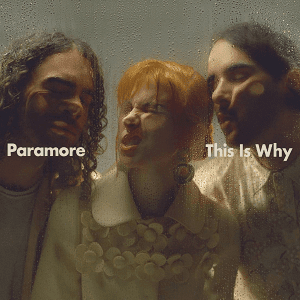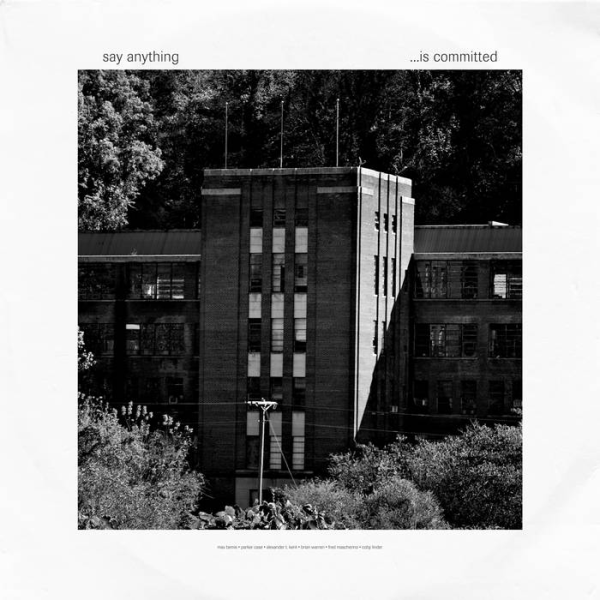Paramore’s “This is Why” Review
As pop-punk trio Paramore’s sixth studio album and first release since 2017, “This is Why,” released last month, grapples with modern anxieties and frontwoman Hayley Williams’ personal struggles.

Image from https://en.wikipedia.org/wiki/This_Is_Why
Over the course of the first five tracks, “This is Why” suggests relatability content-wise, having been written primarily during the pandemic, about themes familiar to many of us over the last three years. Williams sings about the effects of quarantine on her preexisting mental health challenges, the “exploitative, performative” media, and about the seemingly invincible men in the world, particularly in her industry.
These songs are political, although arguably shouldn’t be, and the unique perspective offered by a female-led alternative band is refreshing to hear in a society that only boosts the voices of those that have already been heard. Her frustration with her surroundings feeds into the intensity of the music and is presented in a way that really makes a listener feel.
The last five discuss much more personal battles for Williams—her divorce during the band’s “After Laughter” album cycle and how it “drained [her] dry, down to the last drop”, her new relationship with Paramore guitarist Taylor York, and the general difficulties that her brain imposes upon itself.
This album is reminiscent of their last, leaning more into the post-punk side of their style rather than their emo style of the 2000s. The progressing maturity of Paramore’s sound is one that makes sense; Williams has been fronting the band since 2004, when she was just 15, and the music has grown with her, as well with the coming and going of several members.
It’s too easy for many people to over-criticize bands that have been around for a long time, due to the inevitability of change, especially if the only thing that’s been consistent throughout their history has been the young woman that represents them. These are low blows. This album is good—the lyrics are meaningful and personal, the music flows well, and the track list is cohesive and thorough, even if a little short.
A small amount of experimentation went into a few songs on this album, like the spoken-word verses on “C’est Comme Ca,” and of course there is always risk associated with these kinds of things, but artistic choices have purpose, and I think sometimes we forget that.







